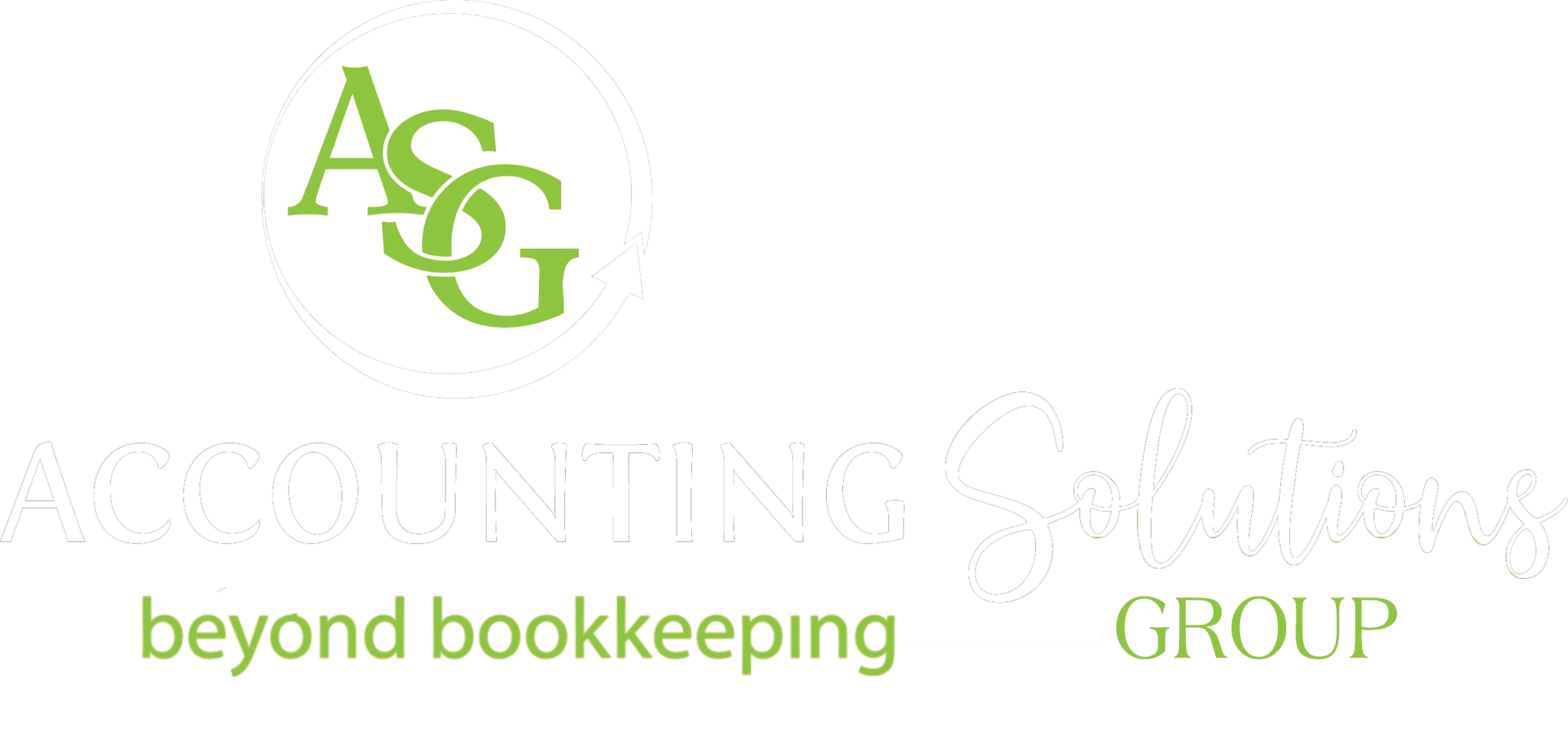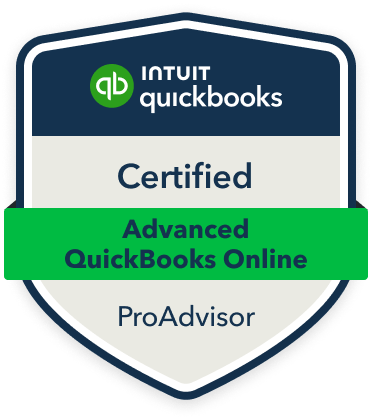Fix Bookkeeping Mistakes for South Florida Businesses
Running a small business is no small feat, especially in a bustling area like South Florida. With its thriving economy and diverse industries, it’s easy for small business owners to get caught up in the daily grind, often overlooking one critical aspect: bookkeeping. Small errors in bookkeeping can snowball into significant financial issues, making cleanup a top priority.
In this blog, we’ll explore common bookkeeping mistakes small businesses in South Florida face and how to fix them effectively.
Common Bookkeeping Mistakes
- Mixing Business and Personal Finances
Many small business owners use personal accounts for business expenses, leading to confusion and inaccuracies when tracking income and expenses. - Not Reconciling Bank Accounts Regularly
Failing to match transactions in your books with bank statements can result in undetected errors or fraudulent activities. - Improper Categorization of Transactions
Incorrectly classifying expenses or income can skew financial reports, affecting your understanding of cash flow and tax obligations. - Neglecting Receipts and Records
Without proper documentation, it’s challenging to verify expenses or substantiate claims during audits. - Inconsistent Data Entry
Irregular updates to your accounting software can lead to incomplete or outdated financial records. - Ignoring Tax Deadlines
Missing deadlines for sales tax, payroll tax, or income tax can result in penalties and added stress.
Steps to Cleanup Bookkeeping Mistakes
- Separate Business and Personal Finances
Open a dedicated business bank account and credit card to streamline financial tracking. - Reconcile Bank Accounts
Schedule monthly reconciliations to ensure your records align with your bank statements. - Review and Correct Transaction Categories
Go through your accounting software and verify that all income and expenses are categorized correctly. Consult a professional if needed. - Organize Receipts and Documentation
Use digital tools like receipt-scanning apps to keep a consistent record of expenses. Maintain organized files for easy access. - Automate Data Entry
Invest in accounting software that syncs with your bank and credit card accounts, reducing manual entry errors. - Hire a Professional Bookkeeper
If you’re feeling overwhelmed, consider outsourcing your bookkeeping to a professional familiar with South Florida’s business environment and tax laws.
Tools and Resources for Small Businesses in South Florida
- QuickBooks Online: A versatile accounting tool for small businesses.
- Wave Accounting: A free option for basic bookkeeping needs.
- South Florida Small Business Administration (SBA): Provides workshops and resources for small business owners.
- Local Bookkeeping Services: Engage a local expert who understands the unique challenges and opportunities in South Florida.
Final Thoughts
Bookkeeping mistakes can hinder the growth of your small business, but they’re not insurmountable. By identifying common errors and implementing proactive measures, you can maintain accurate financial records and focus on growing your business.
For small businesses in South Florida, staying on top of bookkeeping is essential not just for compliance, but also for strategic planning and long-term success. If you need assistance, reach out to a local bookkeeping professional to help you get your finances back on track.





